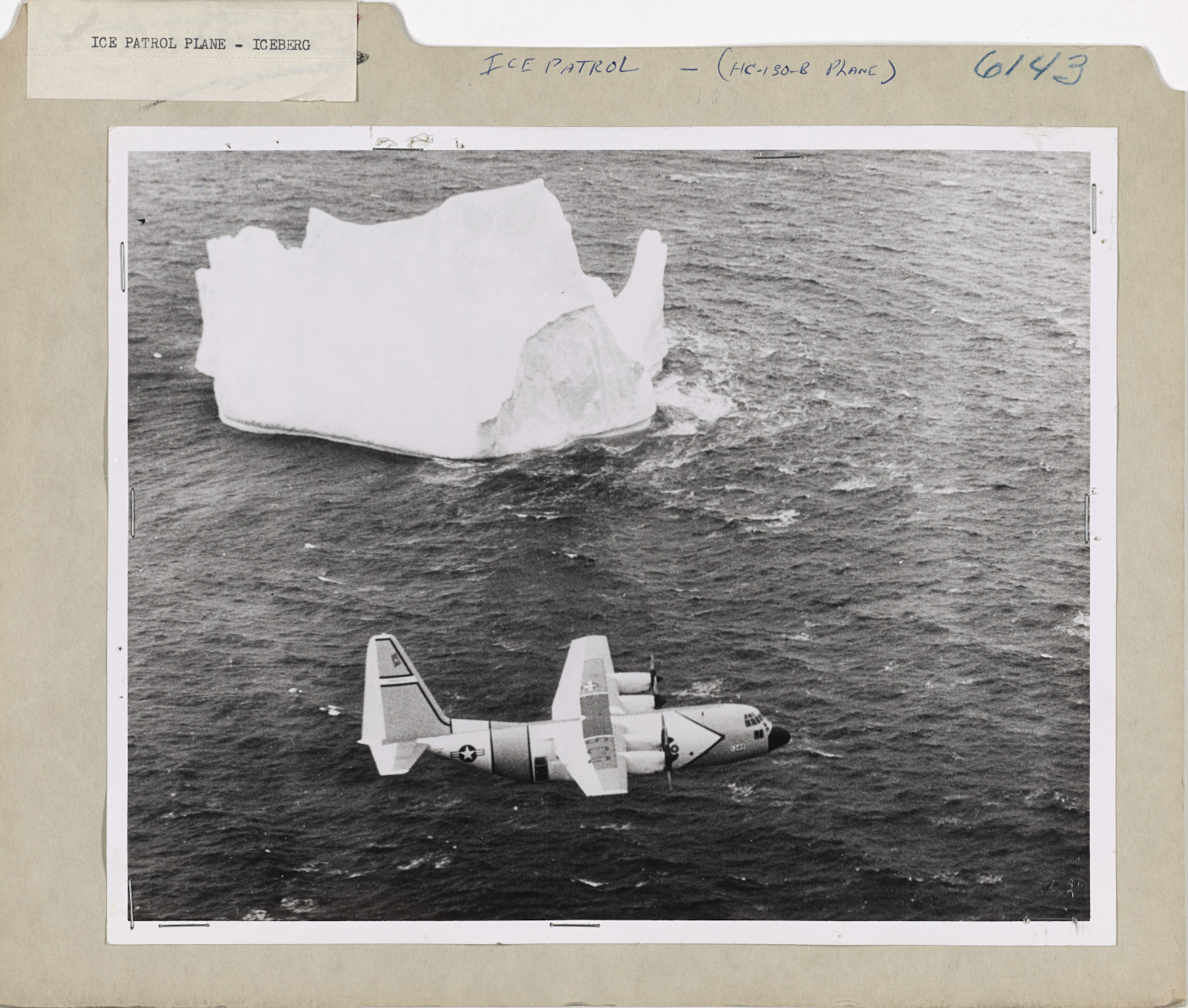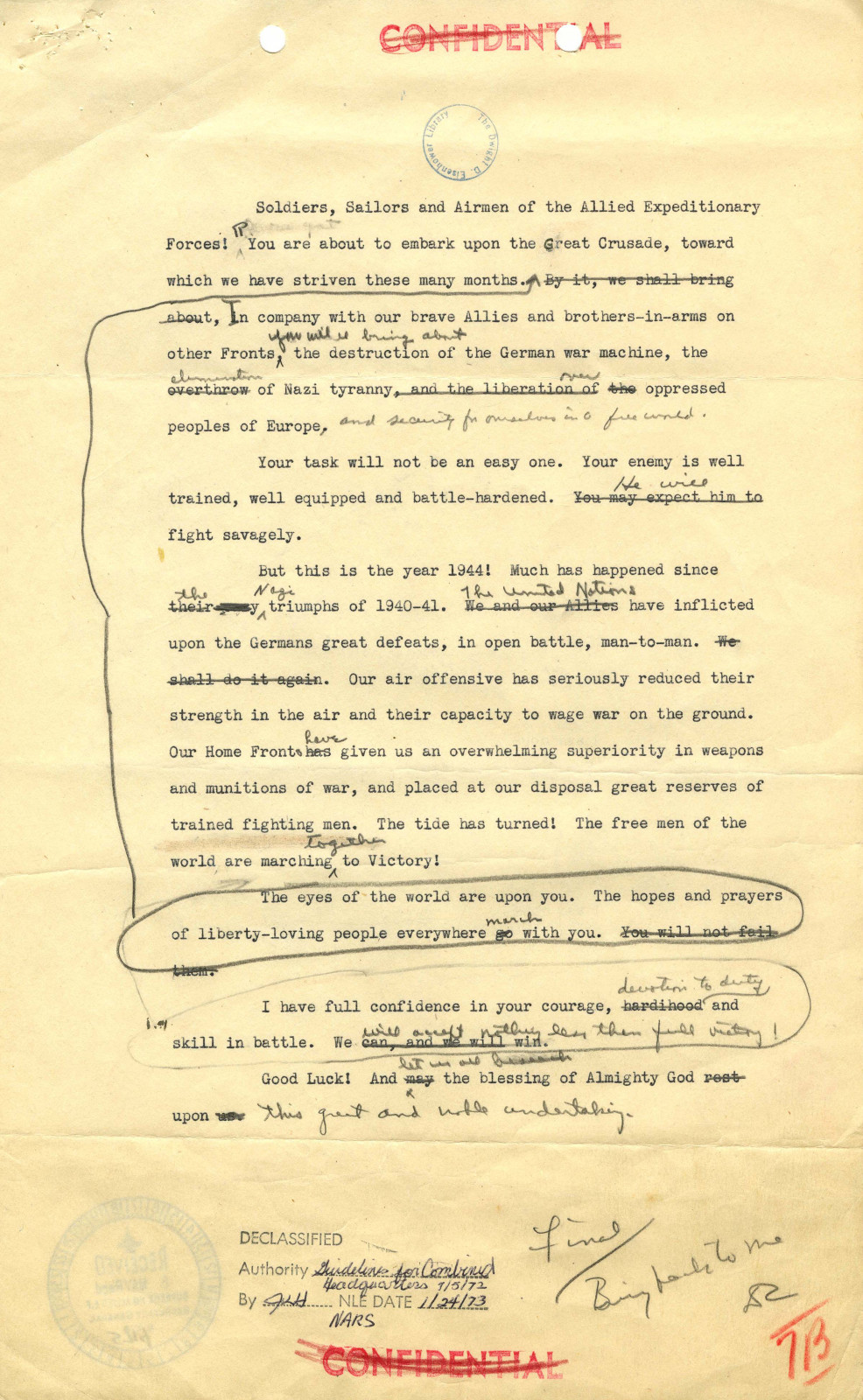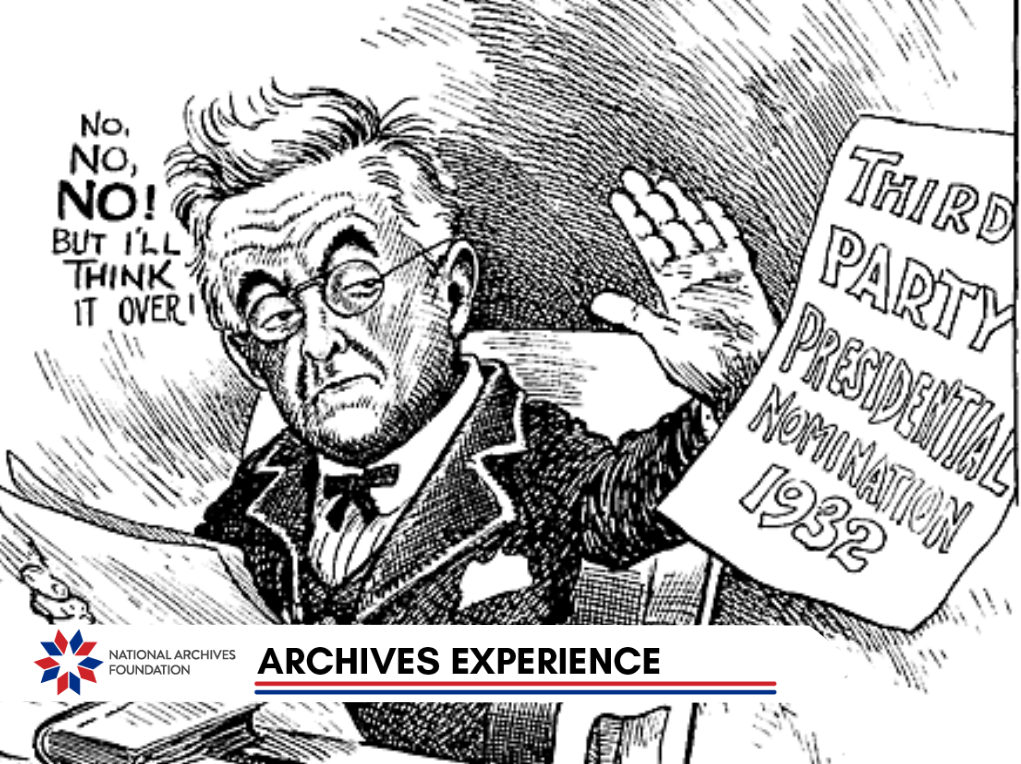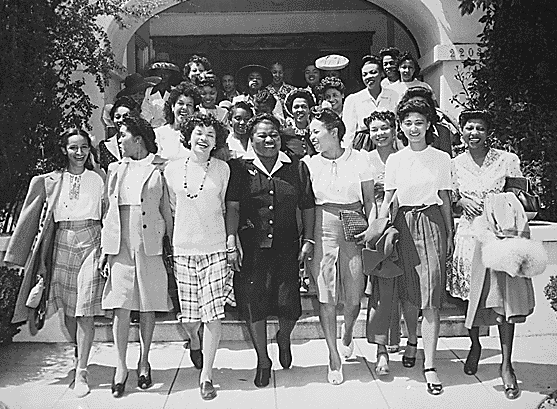Archives Experience Newsletter - February 27, 2024
366 Days
Hocus Pocus
Way back in 1692, a leap year, the Salem witch trials began. While these trials happened well before our federal government was established, they helped shape the concept of “witch-hunting,” a metaphor that continues to rear its head. In 1950, President Truman presented a collection of research titled “A Study of ‘Witch-Hunting’ and Mass Hysteria in America,” in which he looked to the events of Salem as the first large-scale expression of mass hysteria in the Western Hemisphere. Some other demonstrations of hysteria explored in the study include the Alien and Sedition Acts, Anti-Masonry, Know-nothingism, and even World War I. The research concludes that “Adherence to the Constitution is our best guarantee for freedom.” The first few pages of the study are below, but you can read the full study here.
National Archives Identifier: 159440880
If you prefer a more direct connection to the Salem witch trials, we have that too. In our holdings, we have this photo of the Old Witch House in Salem, Massachusetts, which is part of a collection of records related to the National Park Service.
The Titanic
On April 14, 1912, the RMS Titanic sank to the bottom of the Atlantic. While the tragedy and heartbreak surrounding the disaster are common knowledge, a lesser-known story involves the good that came out of it. The disaster inspired an international agreement to form the Ice Patrol, an initiative undertaken by the U.S. Coast Guard. Since the formation of the patrol in 1914, not one life has been lost due to a ship colliding with an iceberg within the patrol area. The image below shows a U.S. Coast Guard Ice Patrol plane tracking a massive iceberg along the Grand Banks off Newfoundland.

Ice Patrol Plane Sights Massive Iceberg
National Archives Identifier: 205581648

Draft Version
National Archives Identifier: 12010107
“The eyes of the world are upon you…”
June 6, 1944 marks a monumental day in world history. While history teachers, writers, and filmmakers have illuminated the events of D Day for audiences across the world, far fewer have seen President Eisenhower’s original draft for his Order of the Day statement that was distributed to Allied soldiers before the invasion of Normandy. You can read the final version here.
A Historic Oscar Moment
On February 29, 1939, on the cusp of what we now recognize as Black History Month and Women’s History Month, Hattie McDaniel became the first African American to win an Oscar for her performance as Mammy in Gone With the Wind. Hattie later became the chairman of the Negro Division of the Hollywood Victory Committee. In the photo below, Hattie (center) gathered with other entertainers and hostesses for a vaudeville performance and dance for soldiers.
So, what will 2024 bring? Another presidential election and 366 days of new history.
In the meantime… happy birthday to all the leaplings out there.














